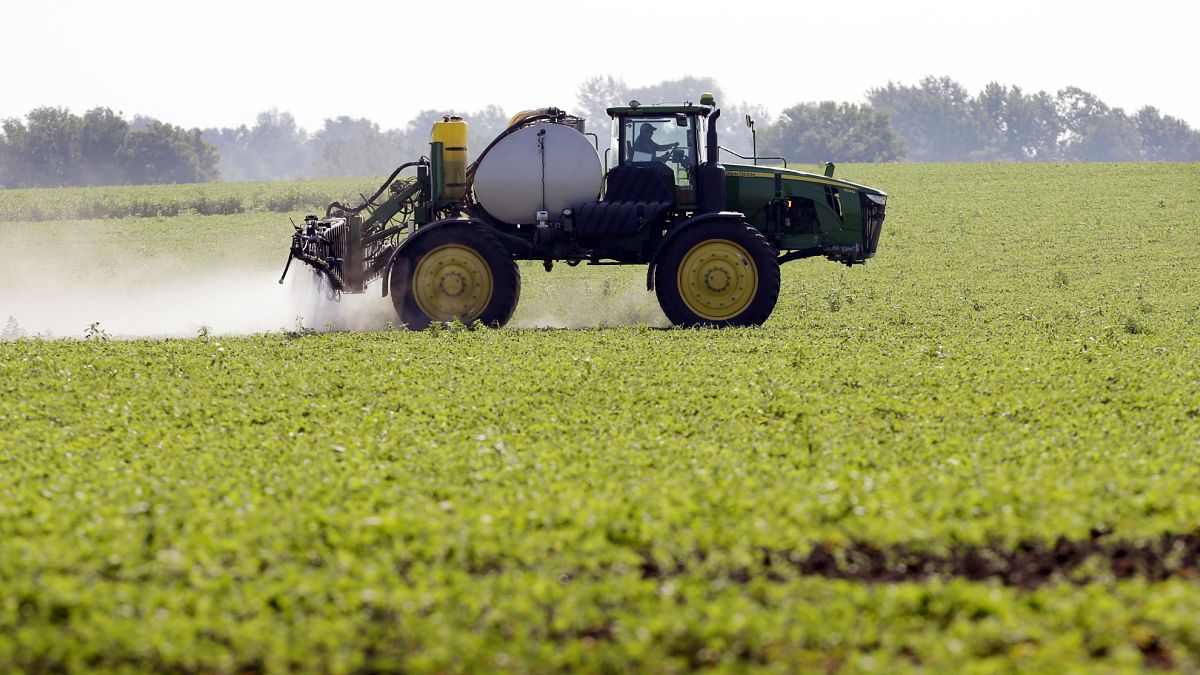

In the heart of Southern Europe, communities are banding together in response to formidable environmental challenges. A wave of extreme weather conditions has swept across the Mediterranean, leaving a trail of hardships that demand urgent attention and collective action.
Amid unprecedented heatwaves, Greece endures a prolonged period of intense heat stress, with temperatures surpassing 40°C. The country’s meteorological service has identified Thursday and Friday as particularly grueling, urging residents to exercise caution and stay hydrated. The relentless sun offers a reminder of the broader climatic shifts affecting the region, prompting discussions on sustainable practices and adaptation strategies to ensure public safety.
As Greece swelters under the sun, neighboring Cyprus confronts one of its most significant wildfire crises in over half a century. The flames have consumed at least 120 square kilometers of land, leaving scars on the lush landscapes of this beautiful island. Tragically, the remains of two individuals were discovered in a burned-out car along a vital road, marking a somber moment as the community grapples with loss and devastation. These fires have further heightened the urgency for comprehensive wildfire management initiatives, aimed at preventing future tragedies.
The story extends to Turkey, where shifting winds have trapped firefighting crews amidst raging wildfires in Eskisehir province. Sadly, ten individuals, including valiant volunteers, lost their lives in their fight to safeguard nature and communities. This poignant event underscores the bravery of those on the front lines, standing as pillars of hope and resilience in the face of overwhelming challenges.
The flaming scourge that has affected these regions results from a convergence of adverse factors, including high temperatures and strong winds. Authorities in Cyprus and Turkey have marked this moment as a turning point, focusing efforts not only on extinguishing the current fires but also on enhancing readiness and response strategies for the future. Collaborative measures are being intensified, with local, regional, and international teams striving in unison to mitigate the adverse impacts of raging fires.
Parallel to these dramatic environmental events, in Europe, citizens are uniting over another cause tied to health and nature—the Duplomb Law. In France, a significant movement is underway, challenging the reauthorization of a controversial pesticide. Civil society has mobilized through petitions and peaceful protests, demonstrating a commitment to protecting agricultural lands and public health from chemicals perceived as harmful. This reflects a growing consciousness around environmental stewardship, emphasizing the need to balance agricultural innovation with ecological preservation.
The events in these regions highlight the interconnectedness of our environmental landscape and the shared responsibility of communities to navigate the challenges ahead. While each country faces its own unique set of circumstances, the overarching theme is one of resilience, collaboration, and a forward-looking vision for sustainable living.
As the mercury rises and flames threaten ancient forests and human settlements, the resilience of these communities offers a testament to the human spirit. The measures taken today lay the groundwork for a future where people and nature thrive harmoniously. In times of adversity, the lessons of unity and cooperation shine brighter than ever, lighting the way toward a future defined by balance and respect for our planet.
Source: {link}
